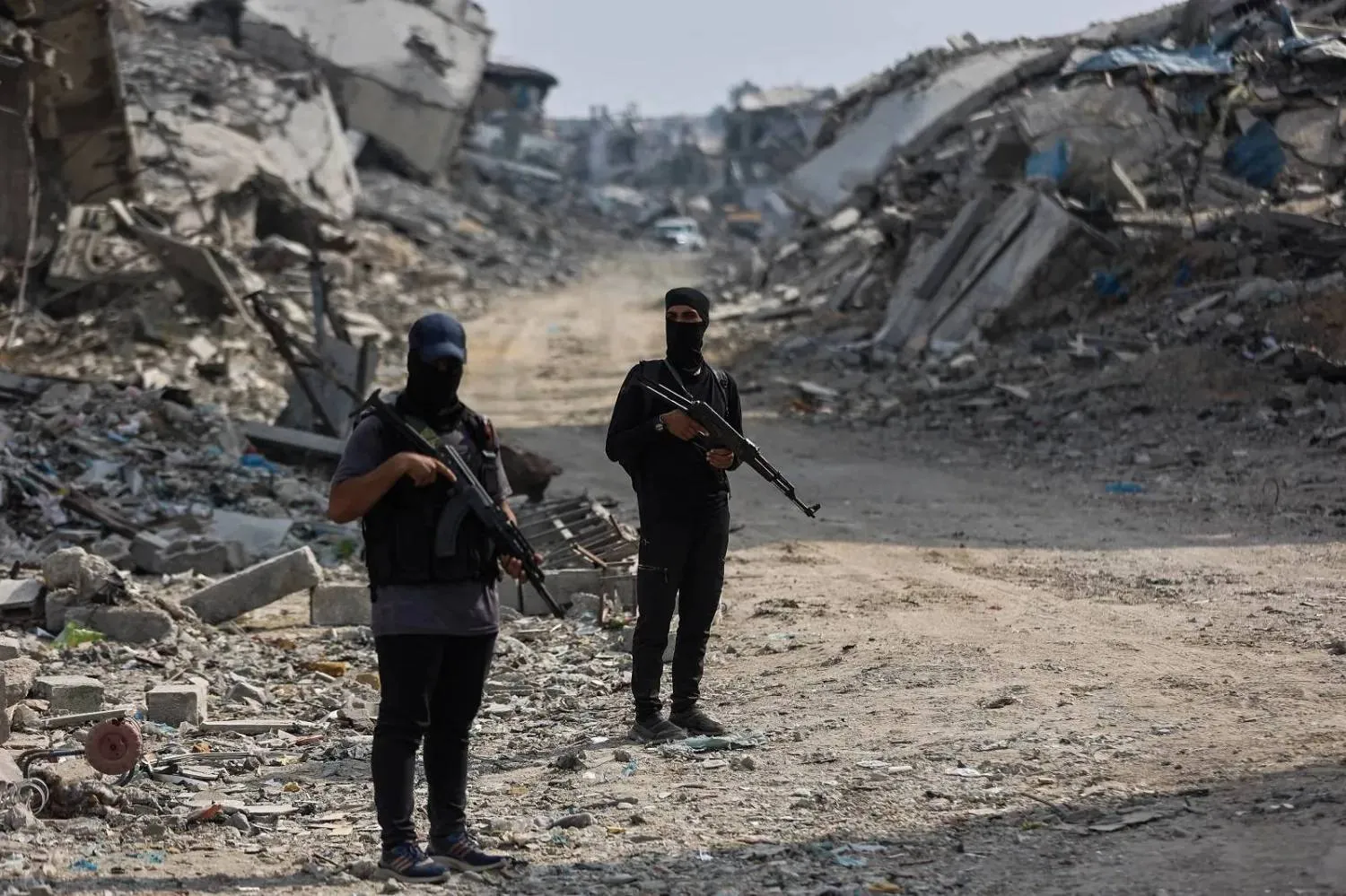Lebanese carrier Middle East Airlines (MEA) decided to move a number of its airplanes to neighboring countries as a precaution in case of conflict, thus reducing the number of its daily flights from and to Beirut.
The decision came after changes to the company’s insurance coverage policy following the Oct. 7 Hamas attack on Israel.
MEA said it was informed by the insurance companies about a decision to reduce their war risk coverage.
Mohammed Al-Hout, chairman of MEA, said only eight of the company’s 22 planes would operate as of next week, with the rest relocated to other airports.
Only one-third of the company’s flights scheduled before the crisis will remain operational.
MEA plans to move ten of its airplanes to neighboring countries including Cyprus, Oman, and Doha. Seven airplanes will continue flights as normal at Beirut Airport.
Al-Hout said insurance companies began to worry about the risk of war when the Israel-Hamas “Operation Al-Aqsa Flood” started, and an assessment was carried out in cooperation with them.
According to the Chairman of MEA, insurance coverage for war risks has been reduced by approximately 80 percent. “However, our priority is to secure communication between Lebanon and the rest of the world,” he said.
“We don’t have security information about a possible attack on the airport in Lebanon but references and all the information we got indicated that the operations will remain within the rules of engagement and under control in southern Lebanon,” Al-Hout affirmed.
Similar concerns arose during the 2006 July War when Israeli airstrikes targeted Beirut's Rafic Hariri International Airport.
“In 2006, the airport was bombed and there were six planes stuck in Lebanon. Through contacts, the Israelis gave us a margin of time to evacuate the planes. However, today the situation is different and it's about insurance companies,” he said.
MEA’s decision came while several countries advised their nationals to leave Lebanon amid rising regional tensions related to the Israel-Hamas war.
On Friday, Oman's embassy in Beirut urged Omani citizens to leave Lebanon immediately “due to the events taking place in the region” in a post from the embassy on social media platform X.
Belgium and Ukraine issued similar travel warnings.
Pierre Achkar, President of the Federation of Tourism Syndicates and the Syndicate of Hotel Owners, revealed significant losses that the Lebanese tourism sector is expected to incur due to the ongoing conflict in Gaza and the developments in southern Lebanon.
He anticipated that tourism establishments would lose the profits they had earned during the summer season.
Moreover, he disclosed that “European groups planning to visit Lebanon during October and November have canceled their reservations following their countries' travel warnings about going to Lebanon.”









